True Worth of Alpaca Poop: ‘Black Gold’ for Organic Farming
You might be surprised to learn that there’s a lot of value in something as seemingly worthless as alpaca poop. After all, it’s just waste, right? Well, not quite. In fact, alpaca poop is a gold mine in the world of organic farming.
Known as “black gold” in gardening circles, alpaca poop is highly sought after due to its rich nutrient content. It’s a top-notch soil conditioner that can transform your garden into a blooming paradise. But just how much is this organic fertilizer worth?
Let’s dive into the fascinating world of alpaca poop, and discover its real value. You might find that this unassuming waste product is worth more than you’d ever imagined. Stay tuned as we delve into the economics of alpaca poop.
Key Takeaways
- Alpaca poop, often called “black gold”, is a highly valuable commodity in the organic farming world due to its rich nutrient content, especially Nitrogen, Phosphorus, and Potassium (NPK), and ease of processing.
- The high nutrient content in alpaca dung enhances plant growth and improves soil conditions, making it a preferred choice for gardeners and farmers.
- Economically, alpaca dung is a profitable investment due to low processing costs, steady market demand, and high market rates, averaging around $2 per pound.
- Alpaca dung does not require extensive composting or processing before use, which enhances its profitability.
- In addition to the key nutrients(NPK), alpaca dung also contains micro-nutrients such as Calcium, Magnesium, and Copper, which are essential for plant growth.
- The organic matter in alpaca dung improves soil structure, making it more porous to hold water and reduce erosion, thus providing a fertile environment for plants.
The Value of Alpaca Poop
Often referenced as “black gold”, alpaca poop holds incredible value in more ways than one might initially think. Apart from the obvious nutritional contribution it offers towards growing crops, there is an underlying economic value tied to this unique organic fertilizer.
Firstly, let’s consider the nutrient-rich nature of alpaca poop. Its high nutritional content promotes plant growth and improves soil composition over time. In organic farming, it’s held in high regard. It’s a prized possession for many gardeners and farmers because when applied, it boosts the production yield of their crops. It’s a complete package, offering major nutrients like nitrogen, phosphorus, and potassium topped with secondary nutrients as well.
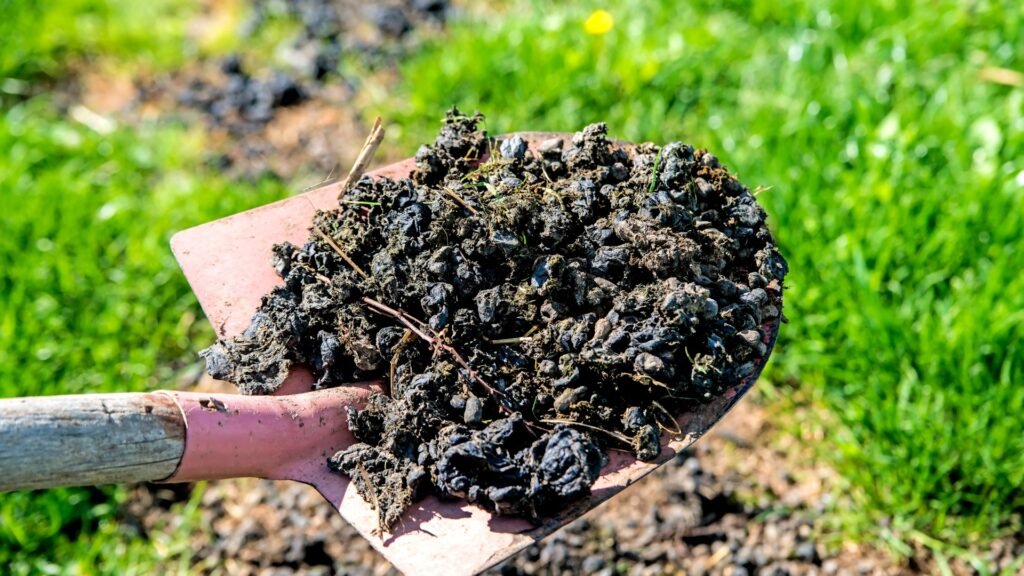
Now let’s look at the economic value. Unlike other organic fertilizers, alpaca poop is pretty easy to process. The alpaca diet, primarily composed of grasses, promotes a nearly odorless dung that is easy to handle. There’s no need for extensive composting or processing. Considering these factors, the overall cost of processing alpaca poop for organic farming is lower than other organic fertilizers. This makes it a highly sought-after commodity among organic farmers.
In terms of supply and demand, the popularity of alpaca farming is still on the rise. This leads to an increased availability of this prized poop. What’s interesting is that even with increased supply, the demand remains strong. This ensures steady prices in the market, making it an excellent opportunity for alpaca farmers to capitalize on this additional income stream.
To give you an idea about the potential earnings one can generate from this organic fertilizer, let’s talk numbers. On average, an alpaca can produce around 2.3 pounds of poop every day. With the going rate for alpaca poop averaging around $2 per pound, you can see how quickly this can add up for alpaca farm owners.
| Average Daily Production per Alpaca | Approximate Value per Pound | Potential Daily Earnings |
|---|---|---|
| 2.3 pounds | $2 | $4.6 |
This just goes to show how high the stakes are when we talk about alpaca poop. From soil fertilization to economics, it’s quite a multifaceted asset to explore.
Why Alpaca Poop is Highly Valuable
An investigative journey into the world of organic farming leads me to a surprising realization: Alpaca poop, endearingly called “black gold“, is not just your average fecal matter. Its significant value rests on a variety of factors, enveloping both the physical and economic realms.
Cracking open the physical benefits, alpaca poop has a rich, nutrient-packed composition that makes it a superior soil amendment. Nitrogen, phosphorus, potassium – it’s got all these essential elements and more! Plus, it’s not overly potent, meaning it doesn’t burn plants like other types of manure. It subtly balances improving soil fertility, while promoting healthy plant growth.
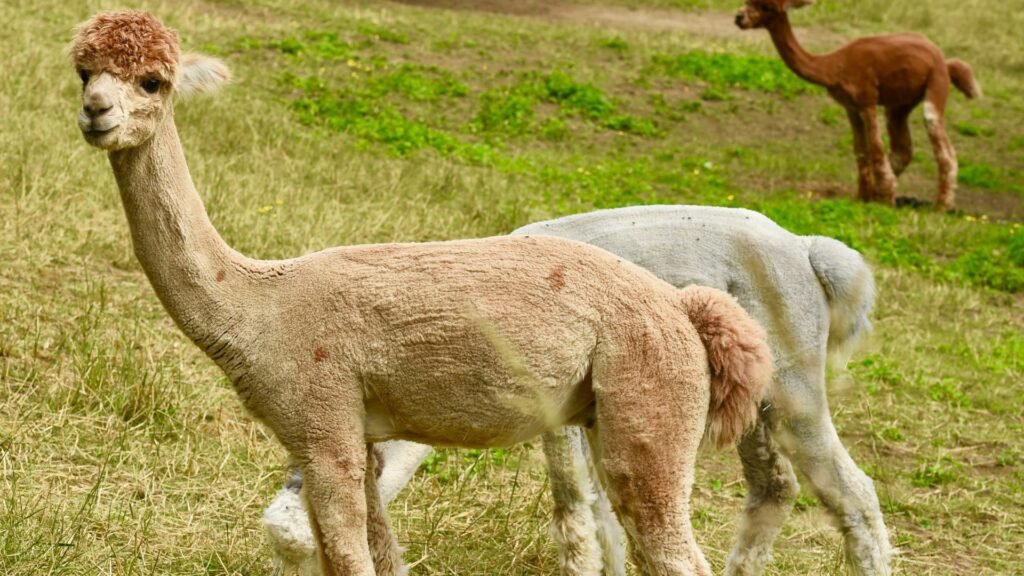
Then, there’s the process of preparing it. No need for ripening or temperature treatment! Just scoop it up, and it’s ready to use. This poop-to-prep efficiency underscores its appeal, making it a hassle-free option for organic farmers.
Over on the economic side, alpaca poop flaunts high market desirability counterbalanced by relatively low production costs. As more farmers feather towards alpaca farming, there’s a steady stream of this resource available. Yet, the demand remains robust. Evidently, it’s a seller’s market situation.
The pricing model for alpaca poop reflects these dynamics, and it’s quite promising. If you’re pondering over potential earnings, consider this: A medium-sized alpaca farm can fetch upwards of $25,000 yearly! That’s from poop alone, without even factoring in wool production.
Knowing all this, it’s easy to see why alpaca poop is fittingly labeled “black gold.” It’s a magnificent mix of nutrient-rich soil enhancer and profitable commodity. Undeniably, it holds unparalleled value in the realm of organic farming solutions.
The Nutrient Content of Alpaca Poop
Alpaca poop, colloquially known as “black gold,” is reputed for its incredibly high nutrient content. But what exactly does this excrement contain that makes it such precious resource in organic farming? Let’s dive in.
Firstly, alpaca poop is rich in the three most important nutrients needed for plant growth: Nitrogen (N), Phosphorus (P), and Potassium (K). These nutrients, collectively known as NPK, are essential for plant health.
| Nutrient | Role in Plant Growth |
|---|---|
| Nitrogen | Promotes leaf growth |
| Phosphorus | Helps with root development, flowering, and seed production |
| Potassium | Enhances overall growth and disease resistance |
Interestingly, NPK balances in alpaca poop are remarkably well-distributed. In contrast, the manure of other livestock can have excessively high Nitrogen levels which can burn plants if applied directly. However, alpaca poop’s balanced NPK ratio allows it to be applied directly without damaging plant tissue.
Digging further, beyond the cardinal trio of NPK, alpaca poop also contains a host of micro-nutrients. These include Calcium, Magnesium, and Copper, all of which are vital for comprehensive plant development.
But we shouldn’t forget the organic matter content in alpaca poop. Organic matter improves the soil structure making it more porous. This enhances water holding capacity of soil and reduces erosion. And here’s a remarkable fact: Alpaca poop is incredibly high in organic matter.
Take it from me, alpacas are Mother Nature’s tiny fertilizer factories. Tiny, yes. But exceptionally powerful. I see alpaca poop as a potent weapon against soil depletion. It’s a silent revolutionary invigorating our farms and gardens. And while, yes, it does come at a cost, the potential return on investment from the use of alpaca poop in organic farming is overwhelming. Indeed, alpaca poop is nothing less than a treasure trove of nutrients.
Alpaca Poop as a Soil Conditioner
As we dig deeper into the uses of our favorite “black gold”, the proficiency of alpaca poop in transforming the soil is nothing short of a marvel. What sets alpaca poop apart from other animal manures is its capability to condition the soil without the need for additional treatments or modifications.
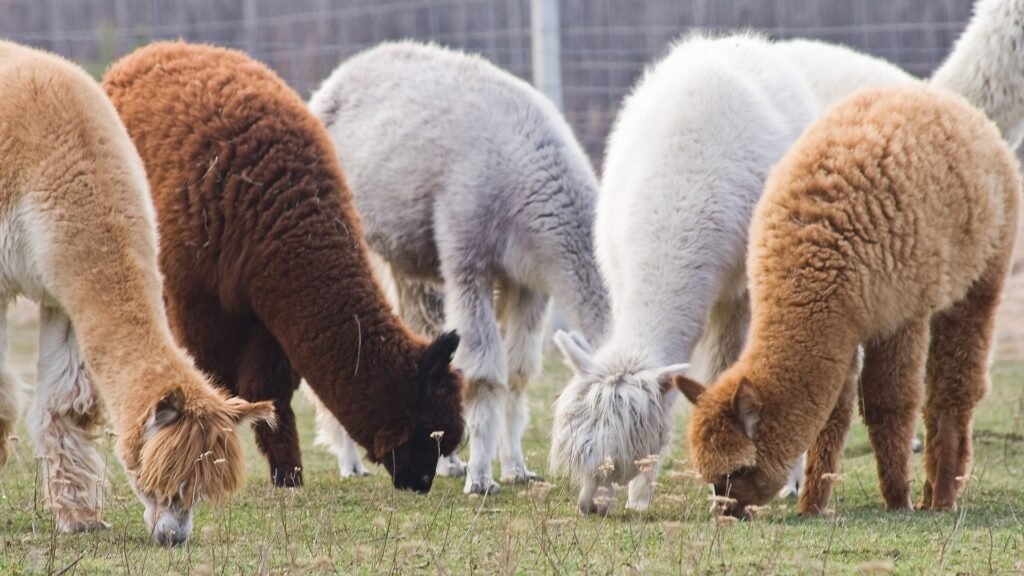
One look at the composition of alpaca poop, and you’ll notice a unique balance of nutrients that’s just perfect for conditioning the soil. Its abundance of essential nutrients like nitrogen, phosphorus, and potassium is evident. Alongside these, you’ll find a set of micro-nutrients that plants waste no time utilizing for healthier growth. These nutrients are present in ample amounts yet in a mild form, further deeming it a perfect fit for almost every type of crops.
Nitrogen helps promote healthy leaf growth, phosphorus aids plant development, and potassium ensures the overall health of the plant. For those of you keeping track, here’s a comparison of the nutrient content of alpaca poop with other animal manures:
| Manure Type | Nitrogen (%) | Phosphorus (%) | Potassium (%) |
|---|---|---|---|
| Alpaca | 1.5-1.7 | 0.2-0.3 | 0.8-1.0 |
| Cow | 0.6 | 0.4 | 0.5 |
| Horse | 0.7 | 0.3 | 0.6 |
It’s not just the nutrient content that makes alpaca poop such a beneficial soil conditioner. Its high organic matter content has a unique role to play too. This organic matter greatly improves both the structure of the soil and its water-holding capabilities. Essentially, what this does is create a more fertile and sustainable environment for plants to grow in. In fact, the organic matter content of alpaca poop is known to increase the bio-availability of nutrients in the soil, making them more readily accessible to plant roots.
Determining the Worth of Alpaca Poop
Valuing alpaca poop isn’t as straightforward as simply weighing it and assigning a dollar amount. It’s about assessing its inherent qualities and the subsequent benefits it imparts to the soil and crops.
To truly estimate the worth of alpaca poop, we need to consider several aspects:
- The nutrient content
- The potential earnings from farming alpacas for their poop
- The cost savings from not needing additional soil amendments
So, let’s delve into each of these variables.
When you factor in the nutrient content, alpaca poop is a powerhouse. It contains nitrogen, phosphorus, potassium and essential micro-nutrients. It also packs high organic matter content, improving soil’s physical attributes such as structure and water-holding capacity.
The economic potential from farming alpacas for their poop also factors into its worth. To capture this value, consider the return on investment if you were to sell the alpaca manure. Numerous farmers, gardeners, and landscapers are willing to purchase this “black gold,” aware of its inherent benefits to soil quality and crop health.
Lastly, the cost savings from not needing to purchase additional soil amendments also add to its worth. Alpaca poop doubles as a soil conditioner, which improves the bio-availability of nutrients and creates a more fertile and sustainable environment for plant growth.
By considering these factors, you’ll gain a newfound appreciation for alpaca poop’s worth. It’s a hidden gem in the world of organic farming, and its value extends far beyond the weight on a scale. However, the true value lies in its use and potential return, not just its nutrient richness. Can’t wait to further delve into this topic, where we will discuss the prices and compare it with other types of animal manures in the coming section.

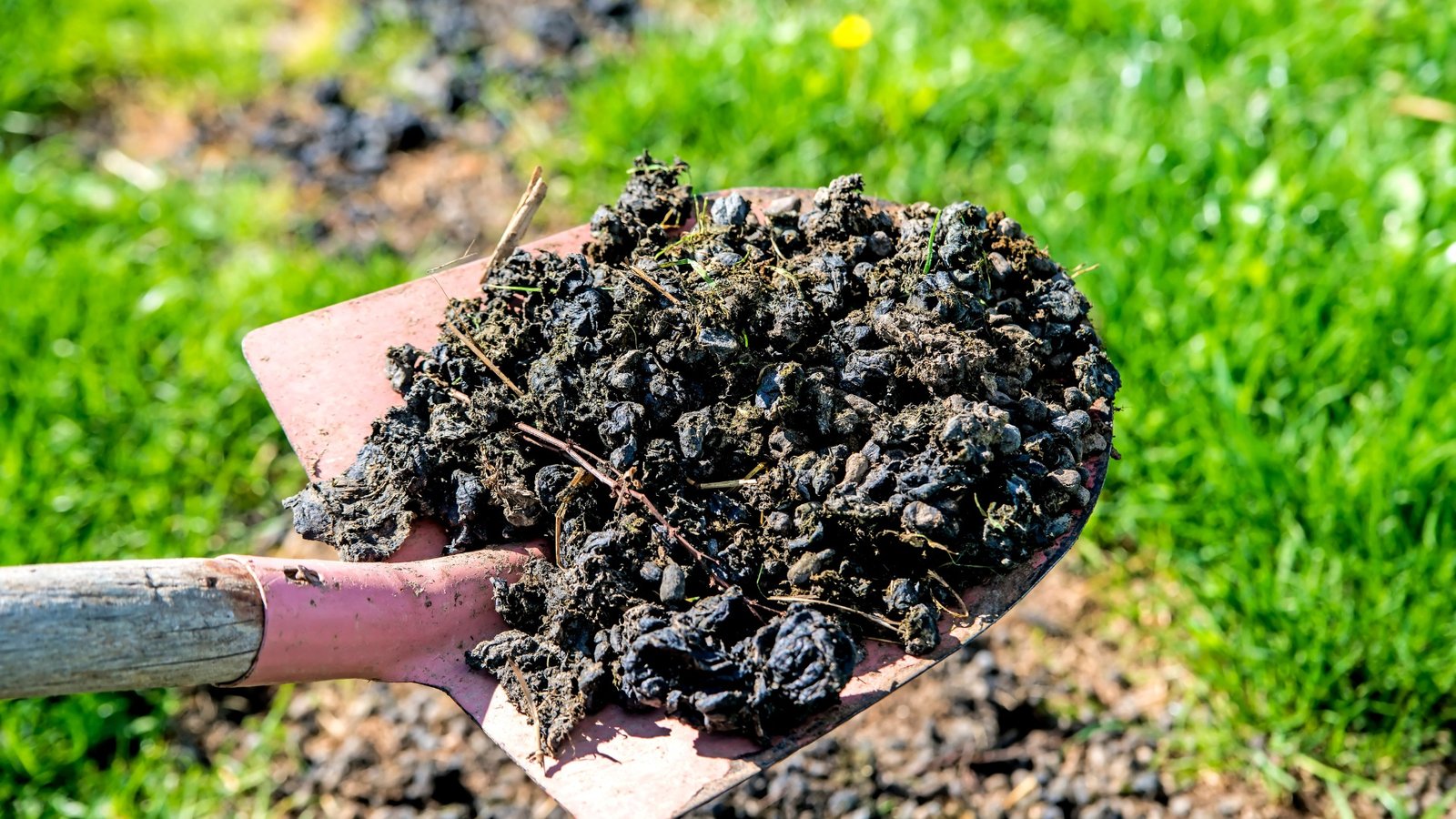
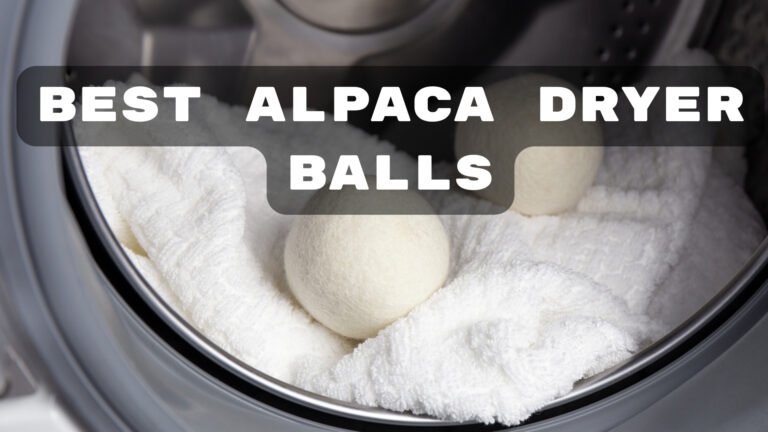

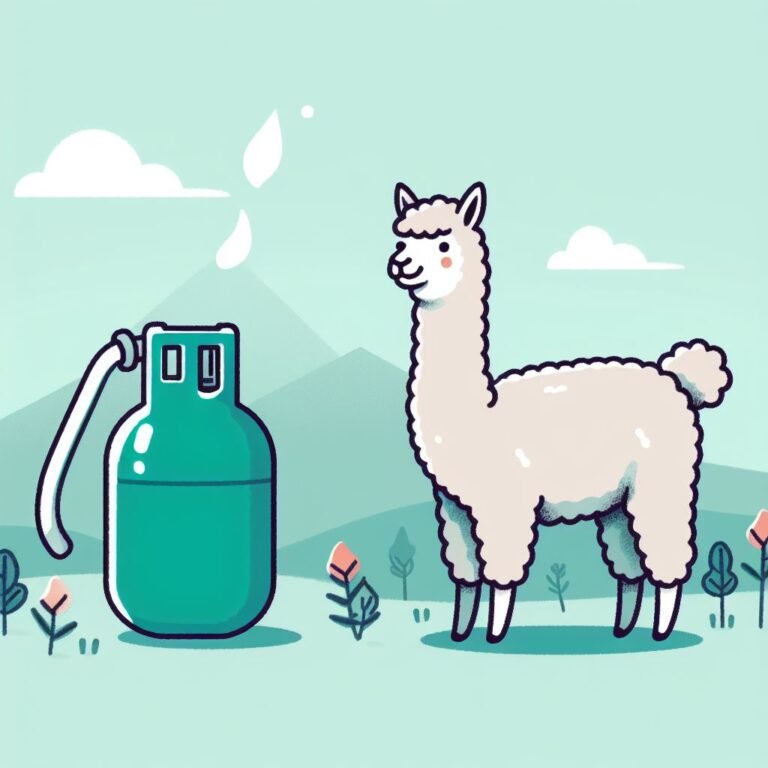
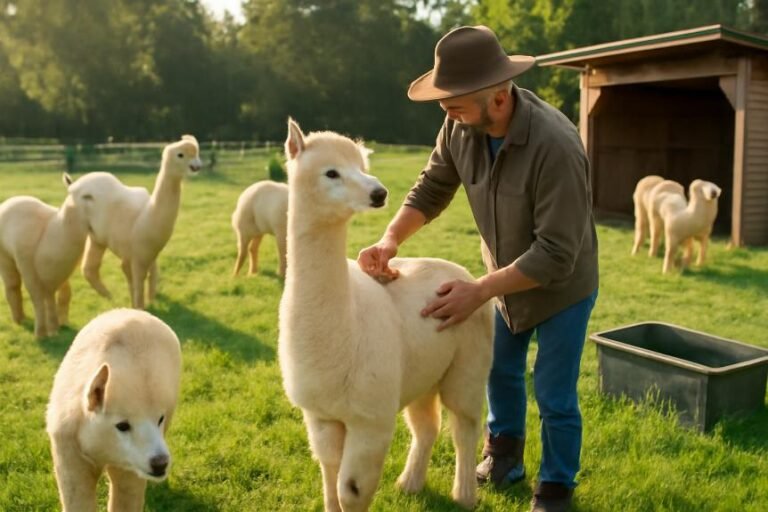

One Comment
Our picks
Alpaca & Wool Felted Sole Inserts: Comfy Upgrade?
Best Alpaca Socks for Hiking: Ultimate Comfort and Durability on Trails
Best Alpaca Halter for Comfort and Control